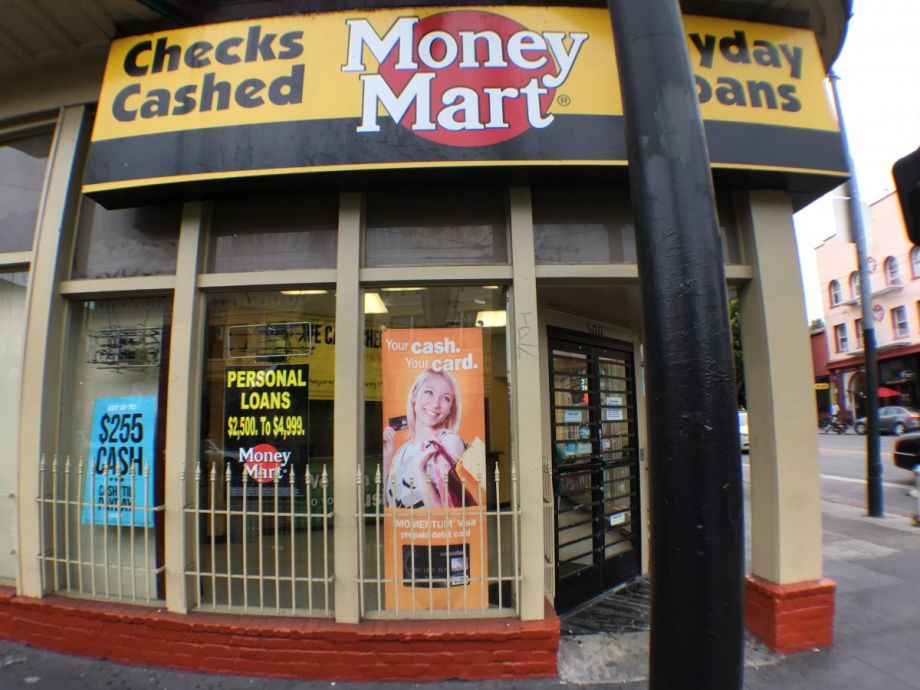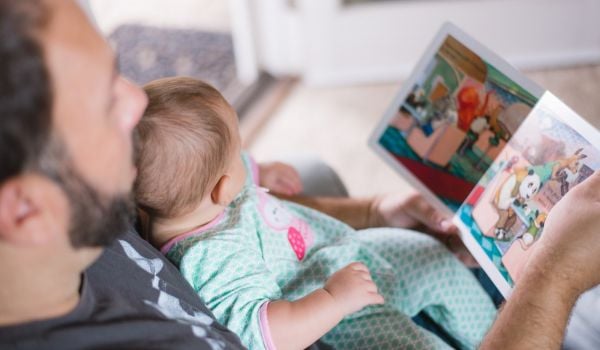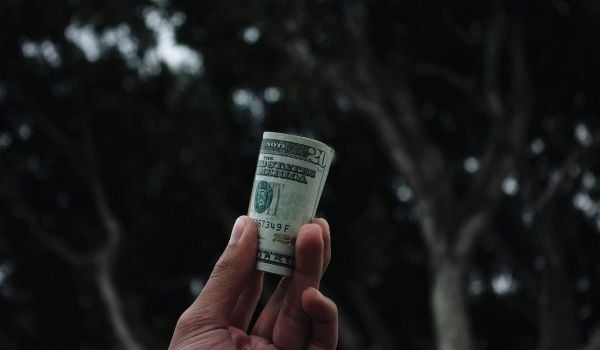A banking system crafted and overseen by the 1 percent — and the people living outside that framework — is the subject of a new book, “The Unbanking of America: How the New Middle Class Survives.”
The unbanked made up about 8 percent of the total U.S. population in 2015, but certain cities have a larger share. Twenty percent of the population doesn’t use traditional banking services in Miami and Detroit. In Buffalo, Philadelphia and Baltimore, the number’s around 14 percent. The phenomenon affects black, Hispanic and Native American households the most and has even prompted the post office to consider getting involved.
Author Lisa Servon, a city and regional planning professor at the University of Pennsylvania, tells the stories of the people behind those stats. Before writing the book, she took jobs at a check-cashing establishment and payday lender, and concluded, as Publishers Weekly reports, “that the seemingly predatory ‘shadow’ banking system may simply be a reasonable (if inconsistently regulated) approach to customer demand.”
“Most notable is the breadth of people she finds who have removed themselves, or been removed, from the world of conventional banking, including those with chronically low income, students and entrepreneurs,” the review notes.
One major factor for many of her interviewees was, surprisingly, the predictability of fees from check cashing businesses versus banks.
“At RiteCheck, it cost 1.95 percent — almost 2 percent — of the face value of a check to cash it, $1.50 to send a bill, 89 cents to send a money order, which, frankly, is less than it costs at the post office,” she explained on “Fresh Air.” “And so, you know, all those fees definitely add up. But what people told me was that they could predict those costs. The costs were obvious to them. And if they made one mistake at their bank, that resulted in an overdraft, it would easily be more than that — those costs. And those kinds of things, when you’re living very close to the margin, they happen all the time — right? — overdrafting your account.”
Servon sparked conversation around challenges for the unbanked and the nature of payday lenders starting a few years ago when she published findings from her research in a few op-eds. As Next City’s Oscar Perry Abello wrote when he reported on New York City’s efforts to make traditional banking more accessible, particularly when it comes to account fees and minimum balances, “Besides lacking means to store cash, conduct typical daily retail transactions and establish credit, which many Americans take for granted, alternative services like payday lenders gouge households underserved by mainstream institutions with fees — to the tune of $103 billion in 2013 alone.” (Also see his recent article on a San Francisco nonprofit’s work to help people who are primarily cash users establish credit scores.)
Servon has been collecting firsthand accounts of real-life money management through her Tumblr, Money Stories, too.
“We all have Money Stories,” she writes in the page’s intro. “We are proud of the raise we got, angry about the overdraft fees our banks charge us, ashamed that we cannot afford to travel or dine out as much as our friends. Many of us feel as though we are the only ones who have these experiences. That’s because we don’t usually share our stories. That’s what Money Stories is for.”
The page offers an account of one person’s wildly divergent credit score across four different sites (a difference of 100 points!), a plea for help from someone racing to pay off a payday loan, and another person’s very good luck story with tithing, among others. Overall it’s a frank and anonymous look at the very real emotional weight of money — whether you have it or not.
“I’ve tried that last few years to save up … however my money always ends up going toward other bills (this using my emergency savings fund),” one person writes under the heading “No vacation blues.” “It’s truly frustrating being surrounded by people in the city who are well off and can afford these exquisite vacations. My reality is barely having enough money to pay rent, pay for groceries, afford NYC transportation, and hope that I don’t incur an overdraft fee in the processing of paying for those three things.”

Rachel Dovey is an award-winning freelance writer and former USC Annenberg fellow living at the northern tip of California’s Bay Area. She writes about infrastructure, water and climate change and has been published by Bust, Wired, Paste, SF Weekly, the East Bay Express and the North Bay Bohemian
Follow Rachel .(JavaScript must be enabled to view this email address)
















